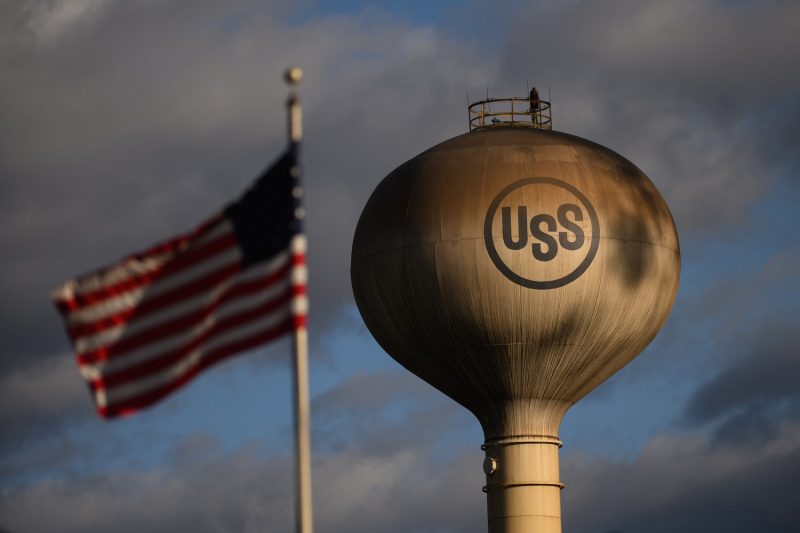In a recent turn of events, the Biden administration is reportedly preparing to block the sale of a U.S. steel company to a Japanese company in a bid to protect domestic interests. The decision comes amidst growing concerns about the potential impact of foreign acquisitions on critical industries in the United States.
The proposed sale, which involves the acquisition of a major U.S. steel producer by a Japanese conglomerate, has been met with skepticism and apprehension by lawmakers and industry stakeholders. Critics of the deal argue that allowing a foreign entity to take control of a key player in the domestic steel market could pose a threat to national security and undermine the country’s economic competitiveness.
The move to block the sale reflects a broader shift in the government’s approach to foreign investment and trade policies under the Biden administration. With a renewed focus on bolstering domestic industries and safeguarding strategic assets, the administration has signaled its intent to take a more assertive stance on matters relating to the ownership and control of critical infrastructure.
While some may view the decision to block the sale as protectionist or isolationist, proponents argue that it is a necessary step to safeguard national interests and preserve the integrity of key industries. By preventing foreign takeovers of critical domestic assets, the government aims to ensure that vital sectors such as steel production remain under American control and are not subject to potential exploitation or manipulation by foreign actors.
The case of the proposed U.S. steel sale highlights the complex and multifaceted nature of the challenges facing policymakers in an increasingly interconnected global economy. Balancing the imperatives of free trade and economic openness with concerns about national security and industrial sovereignty requires a delicate approach that takes into account a range of competing interests and considerations.
As the Biden administration moves forward with its decision to block the sale of the U.S. steel company to the Japanese conglomerate, it sends a clear signal that the protection of critical industries and the promotion of American economic interests will remain top priorities in the government’s agenda. While the move may spark debate and controversy, it underscores the administration’s commitment to safeguarding the integrity and competitiveness of the domestic economy in an ever-changing global landscape.
